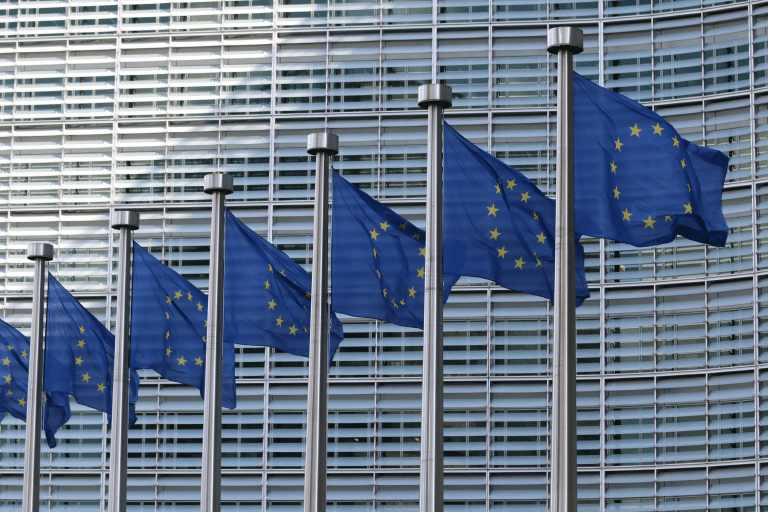
eIDAS Regulation: What You Need to Know
The European Union’s Electronic Identification, Authentication, and Trust Services (eIDAS) regulation is a critical piece of legislation aimed at promoting digital confidence and enhancing cross-border electronic transactions within the EU. This regulation provides a framework for electronic identification and trust services, such as electronic signatures, seals, and time-stamps, among others. In this article, we will delve into the eIDAS regulation and explore its implications for businesses and individuals operating within the EU.
The Need for eIDAS
In today’s rapidly digitalizing world, electronic transactions have become an integral part of our daily lives. From online shopping and banking to remote work and telemedicine, the need for secure and reliable electronic identification and trust services has never been greater. The EU recognized this need and introduced the eIDAS regulation to provide a harmonized legal framework for electronic transactions within its member states. The regulation aims to facilitate cross-border electronic transactions, promote digital confidence, and enhance the protection of personal data.
Key Components of eIDAS
The eIDAS regulation comprises several key components, including:
- Electronic identification (eID) schemes
- Trust services
- Qualified electronic signatures and seals
- Time-stamping services
- Long-term electronic signatures and seals
- Web-trust services
Each of these components plays a crucial role in promoting digital confidence and facilitating secure electronic transactions. For instance, eID schemes provide a secure and reliable means of identifying individuals and businesses online. Trust services, such as electronic signatures and seals, provide a secure and legally binding means of verifying the authenticity of electronic documents.
Benefits of eIDAS
The eIDAS regulation provides numerous benefits for businesses and individuals operating within the EU. Some of the key benefits include:
- Increased security for electronic transactions
- Enhanced protection of personal data
- Improved cross-border electronic transactions
- Increased legal certainty for electronic signatures and seals
- Reduced costs for businesses by eliminating the need for multiple authentication processes
Implications for Businesses
Businesses operating within the EU must comply with the eIDAS regulation in order to offer their services to customers within the EU. This includes implementing electronic identification and trust services, such as electronic signatures and seals, among others. Failure to comply with the regulation could result in legal and financial consequences.
Moreover, businesses can take advantage of the benefits offered by the eIDAS regulation to enhance their digital operations and reach a wider customer base. By implementing secure electronic identification and trust services, businesses can improve the security and reliability of their electronic transactions and enhance their reputation with customers.

How YumiSign suits your needs
YumiSign, the leading electronic signature solution, is fully compliant with the EIDAS regulation, making it the perfect choice for businesses looking to enhance the security and efficiency of their electronic transactions. Our state-of-the-art technology ensures that all electronic signatures created using YumiSign meet the highest standards of security and reliability, using the right level of signature.
With YumiSign, businesses can rest assured that their electronic transactions are protected and secure, while also benefiting from increased efficiency and a streamlined signature process. Whether you’re looking to sign contracts, close deals, or simply streamline your internal processes, YumiSign is your response at the best price.
So why wait? Sign up for YumiSign today and start taking advantage of the benefits of electronic signatures that are fully compliant with the eIDAS regulation.
Conclusion
The eIDAS regulation is a critical piece of legislation aimed at promoting digital confidence and facilitating secure electronic transactions within the EU. The regulation provides numerous benefits for businesses and individuals operating within the EU and has far-reaching implications for the digitalization of our society. Understanding the eIDAS regulation and its key components is essential for businesses and individuals operating within the EU.


